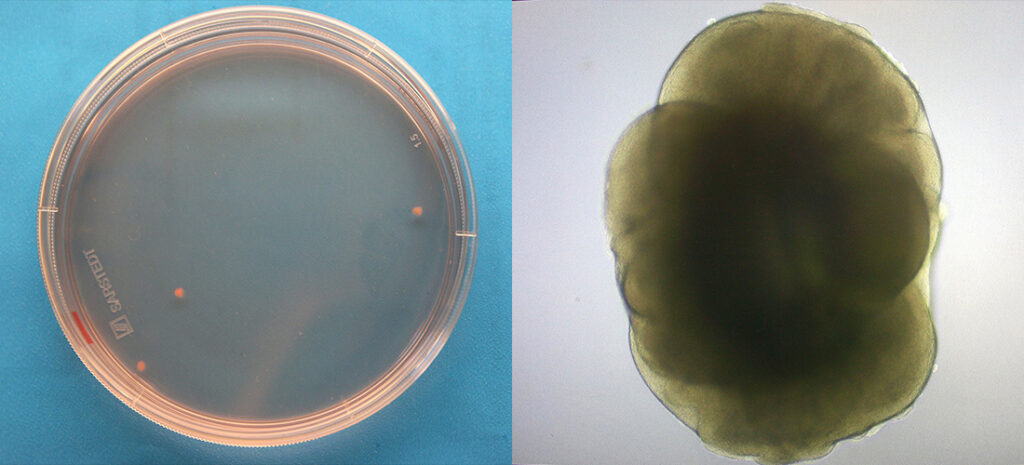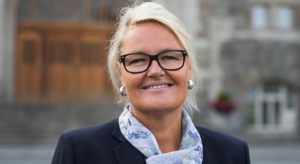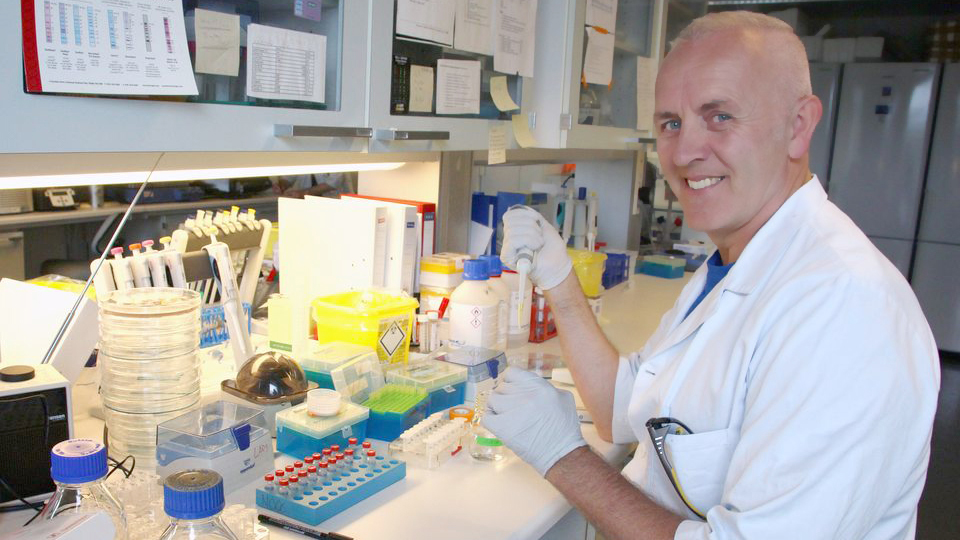The company has been founded in collaboration with Marigold Innovation, a Danish innovation group that works with the commercialization of ground-breaking basic research in medicine and life sciences.
Magnar Bjørås, an Professor at Norwegian University of Science and Technology who is also a researcher at University of Oslo/Oslo University Hospital, has been at the forefront of the effort. His research group is working on finding new therapies for rare diseases as well as finding new treatments for viral and bacterial infections.
Bjørås’s research group works with mini organs, tiny replicas of brains, hearts and eyes. Researchers can test therapies and medicines for many different diseases using these mini organs. Bjørås’s research group also developed a brand new Covid-19 test over the course of just a few weeks, when the Coronavirus pandemic first spread around the world and healthcare systems worldwide urgently needed Covid-19 tests.

Basic research as a platform
The researchers rely on basic research to help them to understand and address new and complex issues.
“The establishment of Zenit Science is an excellent example of the importance of basic research as a platform to develop a better healthcare system in the future,” says Toril Nagelhus Hernes. She is Pro-Rector for Innovation and Professor of Medical Technology at NTNU.
“I am excited to see how Magnar Bjørås constantly is initiating new collaborative efforts to advance his research towards new medicines and therapies,” says Hernes.

Understanding the biology behind diseases
Over the past three decades, Bjørås has built a team and an ecosystem of scientific expertise that rely on different technological platforms to understand the biology behind many diseases. The team has also developed tools that help improve drug development.
“Our focus has always been on using a wide range of technologies to meet complex challenges. The ability to master diversity in research that leads to practical solutions,” Bjørås says.
A collaborative project and a milestone
“The formation of Zenit Science is testimony to the collaborative spirit that characterizes Professor Magnar Bjørås’ research team,” says Peter Horn Møller, CEO of Marigold Innovation.
“From the beginning of a concept in basic research to its development into a viable product, our collaboration constitutes a spectrum of expertise that drives our projects forward,” he says.
NTNU Technology Transfer AS has helped with the establishment of Zenit Science and will continue to be a partner. The Technology Transfer office’s goal is to promote innovation and commercialization and to contribute to the transformation of scientific discoveries into concrete solutions for the world.
Zenit Science is now preparing to commercialize the first research projects from NTNU.
“We look forward to launching 2-3 projects as commissioned research in the coming 12-18 months. It will mark a milestone in our journey to establish a strong Norwegian life science company,” Magnar Bjørås says.

